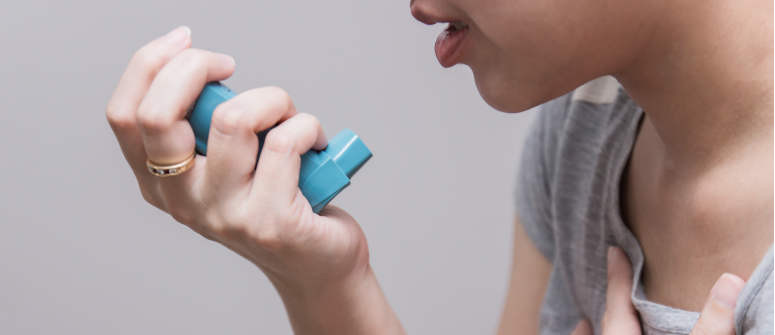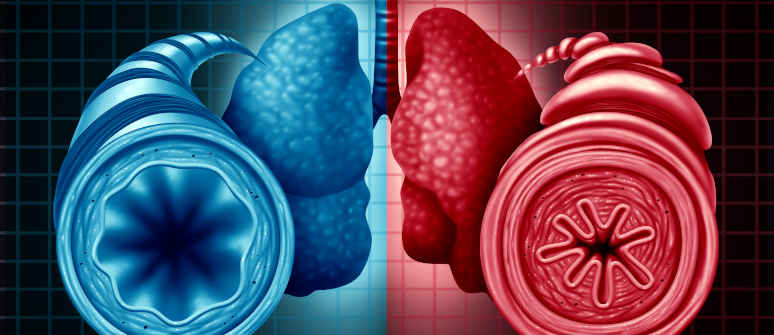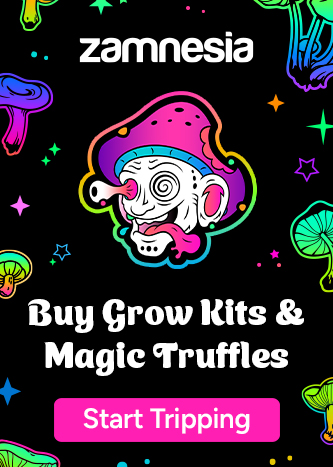How might cbd affect asthma?

Asthma is a chronic condition of the lungs that obstructs steady airflow. While there is no definitive evidence as yet, it appears CBD might have potential in this domain.
The use of cannabis for conditions like asthma is a topic of great interest. THC has been found to dilate respiratory passages, but what about CBD? Asthma is an atopic disease, which means it can cause an immediate allergic reaction due to a failure of the immune system. According to recent studies, CBD may help target the condition from multiple vantage points. Although more research is needed, the potential of CBD in this context is intriguing asthma sufferers from around the globe.
HOW COMMON IS ASTHMA?
More people than ever before suffer from asthma, thanks to air pollution. According to the Centres for Disease Control (CDC), 1 in 13 Americans suffers from the condition. In Europe, 8.2% of adults and 9.4% of children are affected. The World Health Organisation (WHO) estimated in 2017 that 235 million people were suffering from asthma worldwide.
HOW ASTHMA AFFECTS THE LUNGS
Asthma is a condition that causes swelling and narrowing of the human airways. Muscles that wrap the airways also tighten, and secretions from the mucus membrane inside the lungs can block smaller airways, making breathing difficult.
This hypersensitive state makes airways react to everyday "triggers" like allergens, pollutants, and other irritants that enter the lungs, causing symptoms. These include wheezing, shortness of breath, coughing, and excess mucus production in the lungs.
HOW IS ASTHMA TREATED?
There is no cure for asthma, and conditions can range from mild to severe. In addition to the symptoms above, asthma can also cause fatigue, anxiety, and sleep disturbances. However, treatments can help control the symptoms. Sufferers need to create a personal action plan with a doctor or medically trained professional.
There are several options for those who suffer from symptoms. These include:
• Inhalers
Inhalers are used both as a preventative measure and to help relieve symptoms during an attack. So-called "preventer" inhalers contain steroids and are used every day to reduce inflammation in the lungs. They do not have major side effects, but can cause a hoarse voice or sore throat, and can potentially lead to fungal infections. Some patients have a combination of inhalers they use every day to both prevent and reduce the severity of attacks.
• Tablets, syrup, and powder
Some patients find that inhalers are not enough. They are then prescribed tablets or other preparations containing leukotriene receptor agonists (LTRAs). Side effects include upset stomach and headaches. Steroid tablets are also used if other methods to control symptoms do not work effectively.
• Theophylline
Theophylline is used as a last line of defence. Generally prescribed by hospitals, patients are required to take a blood test before being prescribed the drug. Theophylline relaxes the smooth muscles in the airways, allowing air to flow more easily. Due to its long list of side effects, this is used as an adjunct medicine only.
WHAT EFFECT COULD CBD HAVE ON ASTHMA?
While there have been no definitive studies on the subject, there is evidence to suggest CBD may help soothe asthma symptoms.
By interfacing with receptors of the endocannabinoid system, and other physiological receptors, CBD is thought to have immunomodulatory potential. Researchers are currently probing CBD for its specific anti-inflammatory, antispasmodic, and bronchodilatory effects. After all, asthma is an inflammatory condition, and one defined by spasms of the lung muscles and restricted airways.
• Inflammation
A 2018 study published in the European Journal of Pharmacology set out to determine the effects of CBD on “airway remodelling” (structural changes that occur in the lungs due to asthma) via CB1 and CB2 receptor activation. Not only was CBD found to lessen airway hyperresponsiveness, but it decreased “expression of markers associated with inflammation in the bronchoalveolar lavage fluid and lung homogenate”. Researchers concluded that there’s a notable inverse correlation between CB1 receptor levels and lung function in patients with asthma.

• Spasticity
Some studies have indicated that CBD sprays can reduce spasticity in patients with multiple sclerosis (MS). Many MS patients are unhappy with the efficacy of traditional oral spasticity treatments, and thus cannabinoids are being studied as safe alternatives for treatment-resistant symptoms. Although it is unclear whether CBD can reduce the spasticity of lung muscles during an asthma attack, studies on oral spasticity help point us in the right direction for future research.
• Restricted airways
Restricted airways are a major tenet of asthma. A 2015 study testing the effects of cannabinoids on airway hyperresponsiveness, inflammation, and cough found a combination of THC and CBD to abolish induced lung contractions in guinea pigs. This study only really scratches the surface on what CBD might be capable of, and it also hints at the potential of using preparations featuring more than one cannabinoid.
CBD AND ASTHMA: AN EVOLVING RELATIONSHIP
While it is too early to draw definitive conclusions, study results on CBD’s interaction with asthma appear promising from numerous angles. As more clinical trials get underway, we should soon have a better idea of if, and how, cannabinoids like CBD might make life easier for asthma sufferers.




